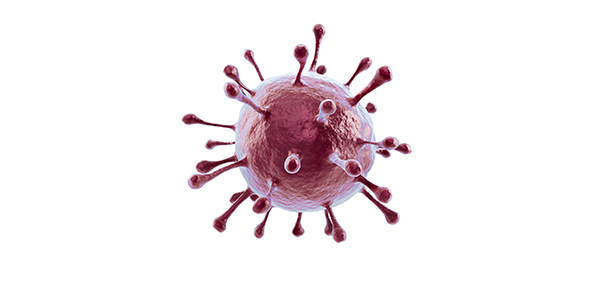Related Flashcards
Cards In This Set
| Front | Back |
|
When do redox reactions release energy?
|
When electrons move closer to electronegative atoms.
|
|
What does respiration generally involve?
|
Glycolysis
Krebs cycle
Electron transport
|
|
What does the Krebs cycle complete?
|
The energy-yielding oxidation of organic molecules.
|
|
What does the inner mitochondrial membrane do?
|
Couples electron transport to ATP synthesis.
|
|
What generates many ATP molecules for each sugar molecule it oxidizes?
|
Cellular respiration
|
|
What helps a cell systematically degrade complex organic molecules that are rich in potential energy to simpler waste products with less energy
|
Enzymes
|
|
Metabolic pathways that release stored energy by breaking down complex molecules are called..?
|
Catabolic Pathways
|
|
Which catabolic process is a partial degradation of sugars that occurs without the help of oxygen?
|
Fermentation
|
|
Which catabolic pathway is most prevalent and efficient, and in which oxygen is consumed as a reactant along with the organic fuel?
|
Cellular Respiration
|
|
In eukaryotic cells, what houses most of the equipment for cellular repiration?
|
Mitochondria
|
|
What is the word equation for the overall process of Cellular Respiration?
|
Organic Compounds + Oxygen --> Carbon dioxide +Water+Energy
|
|
Into what does the C6H12O6 degrade ?
|
6CO2 6H20 and Energy (ATP+Heat)
|
|
What chemical drive shaft (the pivotal molecule in cellular energetics) links catabolism to work?
|
ATP
|
|
What does ATP stand for?
|
Adnosine Triphosphate
|
|
When a cell taps triphosphate tail of ATP by using enzymes to transfer phosphate groups from ATP to other compounds...?
|
Phosphorylation- primes a molecule to undergo some kind of change that performs work, and the molecule loses its phosphate group in the process.
|






